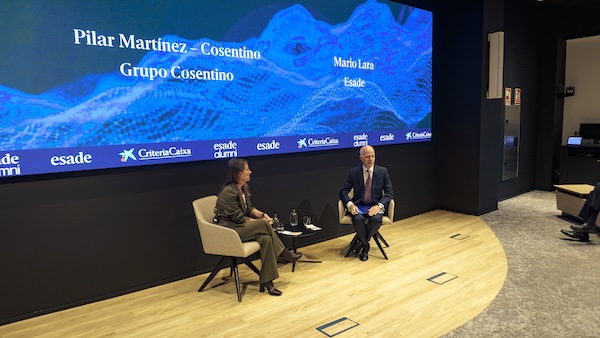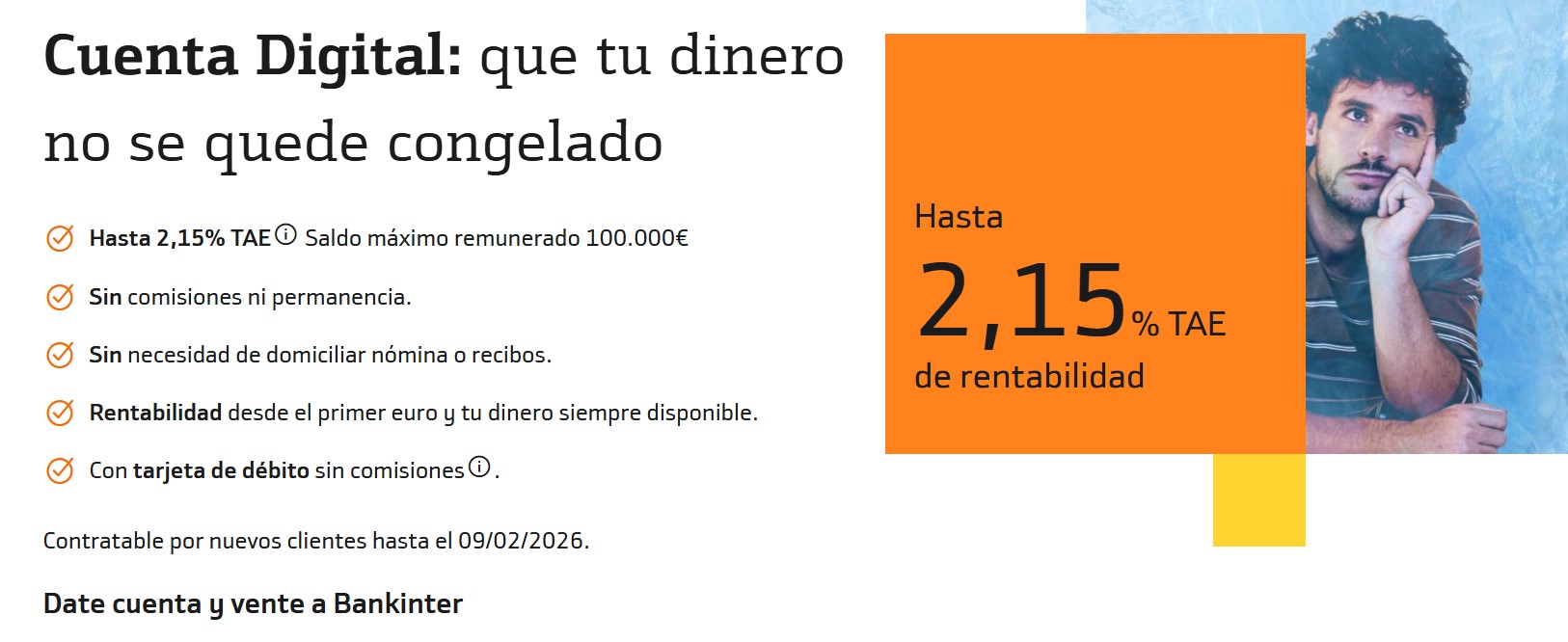The Sports Business Club kicked off the academic year with a session that analyzed the new age of sports consumption and its impact in the different industries comprising the sports ecosystem.
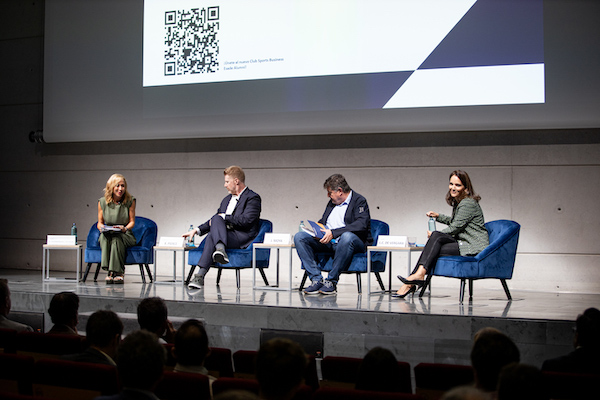
The sports and wellness industry encompasses different sectors that are hugely important for society, the business community, and our country’s economy, and it offers an unquestionable opportunity for the workplace and professional development of thousands of people. It accounts for 3.3% of Spain’s GDP, provides more than 414,400 jobs in 42,000 companies, it generates revenues of 39.117 billion euros according to figures from PwC and Fundación España Activa.
Currently, technology, the behavioral patterns of the younger generations, and recent trends are leading to major changes in the way today’s society participates in and keeps track of sports through different channels. Plus, sports as a spectacle currently adds a component of unquestionable social interest which develops reference models in society and creates cultural patterns that are able to operate as agents of social transformation. All of this has confronted the industry with the challenge of identifying the needs and adapting them to the supply.
For all these reasons, the Sports Business Club kicked off the academic year with a session where it analyzed the new age in sports consumption and its impact on the different industries comprising the sports ecosystem. The session was entitled “The New Age of Sports Consumption,” and Lina Carlos de Vergara, vice-president of Communication at DAZN España; Joan Moya (MBA 96), director of Information Technology at FC Barcelona; and Keegan Pierce (MBA 11), managing director of LaLiga for the United Kingdom and Ireland debated the current dynamic of the sector’s transformation with Paula Fernández-Ochoa (inDIGITAL 15), a member of the Sports Business Club board and partner at +MoreThanLaw.
The speakers
Lina Carlos de Vergara, vice-president of Communication at DAZN España
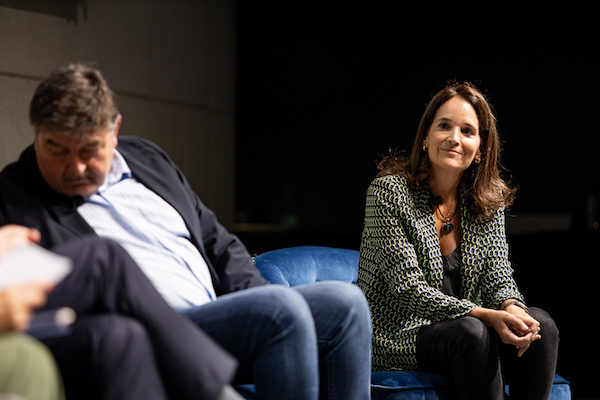 “Digitalization is what has given us the control to be able to choose what we want to see. Yet at the same time, we have all become content creators. Athletes themselves have a direct line of communication with their fans. Technology has enabled us to create immersive experiences connecting people with each other, and this means that the way we approach sports communication and consumption has changed.”
“Digitalization is what has given us the control to be able to choose what we want to see. Yet at the same time, we have all become content creators. Athletes themselves have a direct line of communication with their fans. Technology has enabled us to create immersive experiences connecting people with each other, and this means that the way we approach sports communication and consumption has changed.”
Joan Moya (MBA 96), director of Information Technology at FC Barcelona
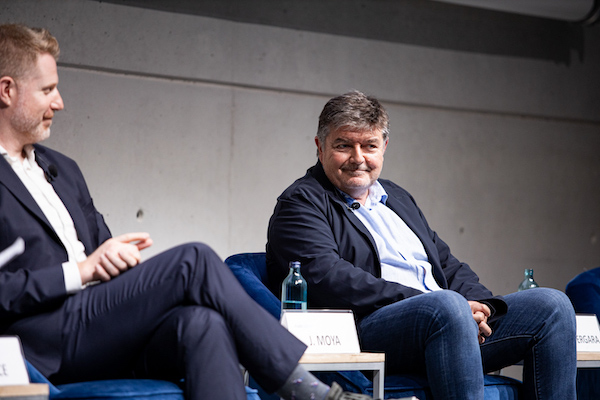 “We have improved a lot in this industry, but values should prevail and experiences should align with them: sustainability, diversity, inclusion, eradicating violence… These are values that help us to create a culture of good sportspersonship, of knowing how to win and lose. Barcelona ’92 was a turning point, when we found that by investing in results we were better and created a virtuous circle.”
“We have improved a lot in this industry, but values should prevail and experiences should align with them: sustainability, diversity, inclusion, eradicating violence… These are values that help us to create a culture of good sportspersonship, of knowing how to win and lose. Barcelona ’92 was a turning point, when we found that by investing in results we were better and created a virtuous circle.”
Keegan Pierce (MBA 11), managing director of LaLiga for the United Kingdom and Ireland
 “Content is now focused on users’ preferences, beyond the linear transmission of contents. Audience fragmentation means that live sports are playing an increasingly important role because they can bring together mass audiences. It’s both a challenge and a responsibility for the sector.”
“Content is now focused on users’ preferences, beyond the linear transmission of contents. Audience fragmentation means that live sports are playing an increasingly important role because they can bring together mass audiences. It’s both a challenge and a responsibility for the sector.”
You can see the session on the Content Hub.
Interview with Pepe Cano (EMBA 19), president of the Sports Business Club, on future trends
-Sports are a key part of the economy which have a heavy influence on other sectors. Is their economic and social role sufficiently acknowledged? What are the challenges?
 The sports business weighs significantly in the business community and the national GDP. However, its impact on the economy is not limited to that, since it also influences other sectors like health, education, and tourism.
The sports business weighs significantly in the business community and the national GDP. However, its impact on the economy is not limited to that, since it also influences other sectors like health, education, and tourism.
Sports enable us to build a healthier society and afford us a unique opportunity to become more united through their values. However, despite the unquestionable value that physical exercise and sports bring our society in many different ways, we still have a long way to go. In fact, every year Spain suffers from losses of more than 6.9 billion euros due to physical inactivity, and according to some studies, every year organizations and companies in Spain face major costs due to work absenteeism for this same reason.
In my opinion, there are different challenges we have to confront, and we should do so from three main perspectives: education, health, and economics. We should give physical exercise and sports that role they deserve in education by conveying to people, from very young to very old, the importance of living a balanced life with physical exercise and learning sports’ values so they can become the cultural cornerstones of our society. Regarding health, we are facing a very ambitious challenge based on the development of a model that integrates physical exercise into preventive medicine, clinical medicine, and therapeutic medicine—and successfully integrating the different professionals who attend to these needs. Last but not least, our government and public administrations should implement economic and tax policies that favor companies that bring society incalculable value through physical exercise and sports, in order to ensure that their business models are sustainable without affecting the quality of service that their mission deserves and the job stability of their employees.
-What disruptive factors are leading to changes in the sports business?
In recent years, we have witnessed different agents come into our lives that have changed our behavioral patterns and therefore the way we consume. This has also had a considerable impact on the sports business. The use of smartphones, which give us immediate access to just about everything, the simultaneous use of different tech devices, and the voice agents with which many people interact on a daily basis have fragmented our attention and cause us to multitask almost constantly. All of this has led to the advent of electronic consumption alternatives that better fit a society with different habits.
“Artificial intelligence, big data, advanced analytics, virtual reality, and robotic technology are just some of the trends that will exert a considerable influence on the future of this business. Likewise, they will coexist with traditional models that will turn simple things into unrivalled experiences”
In sports, we have wearable technology, which enables us to track our physical activity and performance on a social platform; digital transmission and streaming, which enable us to enjoy live events in the communities we interact with; virtual and augmented reality, which help us palliate the effects of our fragmented attention by affording us entertaining, fun immersive experiences; e-sports, which give us the possibility of becoming that footballer we’ve always dreamed of being; and the social media, which enable us to create and consume content.
-How would you define the current audience demand?
In my opinion, audiences today are seeking experiences that provide unusual stimuli which are aligned with the values that fit their way of viewing society and that use the channels they feel comfortable with.
-How are companies in the industry experiencing this dynamic of transformation?
The leading sports companies and organizations are facing the major challenge of adapting their models to the needs that have arisen in recent years. The advent of new players that have managed to enter the ecosystem and the disappearance of others help them understand the importance of adapting to this new paradigm and focusing their analyses and value propositions on new trends and innovative business models.
-What trends are around the corner?
I believe that artificial intelligence, big data, advanced analytics, virtual reality, and robotic technology are just some of the trends that will exert a considerable influence on the future of this business. Likewise, they will coexist with traditional models that will turn simple things into unrivalled experiences.


 “Digitalization is what has given us the control to be able to choose what we want to see. Yet at the same time, we have all become content creators. Athletes themselves have a direct line of communication with their fans. Technology has enabled us to create immersive experiences connecting people with each other, and this means that the way we approach sports communication and consumption has changed.”
“Digitalization is what has given us the control to be able to choose what we want to see. Yet at the same time, we have all become content creators. Athletes themselves have a direct line of communication with their fans. Technology has enabled us to create immersive experiences connecting people with each other, and this means that the way we approach sports communication and consumption has changed.” “We have improved a lot in this industry, but values should prevail and experiences should align with them: sustainability, diversity, inclusion, eradicating violence… These are values that help us to create a culture of good sportspersonship, of knowing how to win and lose. Barcelona ’92 was a turning point, when we found that by investing in results we were better and created a virtuous circle.”
“We have improved a lot in this industry, but values should prevail and experiences should align with them: sustainability, diversity, inclusion, eradicating violence… These are values that help us to create a culture of good sportspersonship, of knowing how to win and lose. Barcelona ’92 was a turning point, when we found that by investing in results we were better and created a virtuous circle.” “Content is now focused on users’ preferences, beyond the linear transmission of contents. Audience fragmentation means that live sports are playing an increasingly important role because they can bring together mass audiences. It’s both a challenge and a responsibility for the sector.”
“Content is now focused on users’ preferences, beyond the linear transmission of contents. Audience fragmentation means that live sports are playing an increasingly important role because they can bring together mass audiences. It’s both a challenge and a responsibility for the sector.” The sports business weighs significantly in the business community and the national GDP. However, its impact on the economy is not limited to that, since it also influences other sectors like health, education, and tourism.
The sports business weighs significantly in the business community and the national GDP. However, its impact on the economy is not limited to that, since it also influences other sectors like health, education, and tourism.